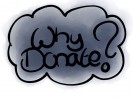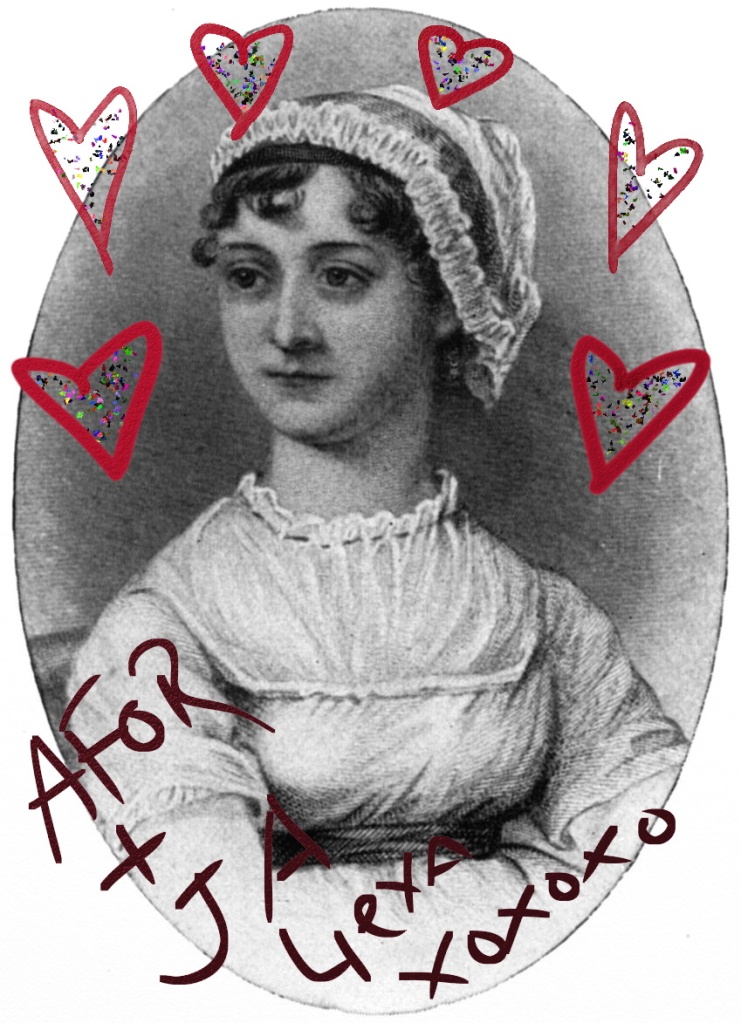I read this book and I fell in love with it and you could too.
Way back in January, I made a New Years’ Resolution. Unlike the vast majority of resolutions made in a post-t(of)urkey haze (and to January 2015-Me’s great surprise) I stuck to this one. It was this: for 2015, I don’t read any novels by white men. I’ve mostly kept the results of this to myself, but this book? Made me want to tell all of you about it.
Becky Chambers’ The Long Way To A Small, Angry Planet is delightful. It’s gloriously warm and rich: a book I want to read again when I’m curled up on a sofa with a giant mug of tea. Maybe in the winter. In front of a fire. With a blanket around me crocheted by an auntie. That kind of book.
Okay, so it’s not perfect
This was Chambers’ first novel, and in some ways it can feel that way. This is a vivid book- it’s fun and warm, with the colour and contrast dialled way up. Most of the time this works well, but sometimes it feels like it’s gone a little too far. Some parts of our initial introductions- both to the characters and the universe they live in- feel a little overdone. Similarly, I felt that the characters could veer towards the clichéd. If this is the kind of thing that bugs you? You mightn’t like this one. But you can get past that, then grab yourself a large mug of something warm and find yourself something cushioned to curl up on.
What’s it all about, then?
The basic premise is this: a messy bunch of plucky misfits with hearts of gold go travelling halfway across the galaxy. They have Adventures, they overcome Adversity, they discover Friendship and Family. Throw in a bit of Coming of Age for the protagonist (who has had to leave everything she knows and take a job on a ship going Far Away because Reasons) and you’ve got the idea.
I hate spoilers, so you’re gonna have to find out the rest for yourself.
Why should I read this one, if you’re not gonna tell me what happens in it?
I’m gonna tell you something, and I need you to bear with me: this is a gorgeously queer book. I don’t mean that it has characters who love other characters of the same gender. For one thing? Hello, aliens. This isn’t Star Trek (much as I love it). We’re not just sticking lumpy face bits onto humans, giving them a single Big Different Thing, and then giving them almost exactly the same gender and family structures that we have. Instead, Chambers plays with gender, family and love.The aliens are relatable without being human- their minds and emotions may not work the same way that ours do, but the crew’s wanting the best for each other gets through.
No, this book is queer for two big reasons: because the way that each of the characters does love and family is as unique as they are, and the different ways in which its characters created familial bonds were all valued for what they were. Identity and gender are constructed differently by each species on board. What does gender matter if you lay eggs to be cared for by groups of elderly people? What does it mean if everyone starts off in one sex and then grows into another? Or if you’re a symbiote with something entirely alien? Chambers’ universe is one where these differences are taken for granted. No big deal. And when it comes to family? Sure, romance and sex are one way to create a bond. But you’re as likely to find unlikely brothers, sisters, mentors, parents, and friends as you are lovers, and all of these things matter. Not in an after-school special kind of way. In an ordinary, everyday way that feels far more true.
It’s also queer- oh so queer in sensibility- because it’s about life on the margins. Sure, most of us can’t relate to hanging out with feathered-lizard aliens and tearing open holes in the universe to pay the bills. But what about knowing that the ways we do love, family and identity aren’t in line with our home planets (er, cultures) and going ahead and doing it anyway? Knowing that you’re unlikely to change anything or to ever be remembered. But figuring that what really matters is finding connection and warmth here and now, working out how to do that while being as you as you can be, and going with that? That feels familiar.
This book is about chosen families, love, who we are, and creating warmth out there in the void. It has wonderfully realised alien characters- both from a split humanity, multiple species, and created intelligences.
And that one idea- that we leave where we come from (or hold on to it) and that out in the world we find our family- is queer as all get-out.
Oh, and it’s also fun. Really, really fun. SO FUN.
Tl;dr?
If you’re looking for something that’ll change the world, or subtle and intricate plots that’ll have you puzzling for days? This probably isn’t the book for you.
However, if you’d like a heartwarming story about a diverse cast of larger-than-life characters having an awfully good time? Then you might just love this one.
Me, I’m planning a second read of this for sometime I’ve had a really bad day. There’s gonna be a big mug of hot chocolate involved. Maybe even a blanket and a hot water bottle. And it’s gonna be great.
Also, I here she’s working on a companion book to it. Hurray!
Pop over to Chambers’ website for all sorts of places you can buy it, wherever you live.
Even bloggers have to pay the bills! Monthly subscriptions- no matter how small- help give me the security to devote time to this place and keep a roof over my head. If you like what you read, please do help out:





